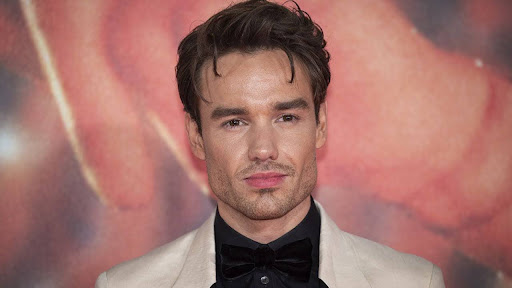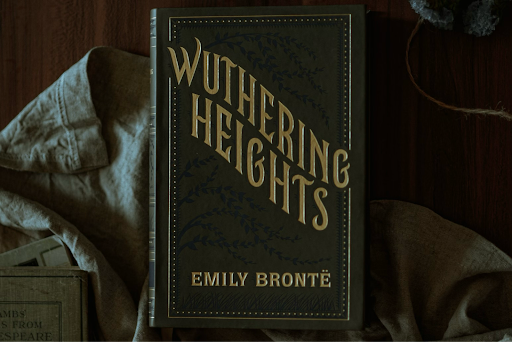Luca Guadagnino’s “Call Me by Your Name,” is a visually rich movie about a fraught, delicate romance between two men. The film unfolds in the northern Italian countryside throughout the summer of 1983, and has garnered many awards, including three Oscars, as well as mainstream praise.
That initial summary is not exactly correct, though. Elio (Timothée Chalamet) is 17 years old, while Oliver (Armie Hammer) is a 24-year-old graduate student who comes to stay with Elio’s family to help his father, a respected professor of archaeology, with academic work.
There has been some discussion about the age gap between the two, with many saying that the film is not a portrayal of an unhealthy relationship because Oliver is never abusive or cruel toward Elio.
This is a completely healthy relationship where age is just a number, the argument goes, especially because of Elio’s advanced intellect, far beyond that of an average teenager. Others even argue that the 1980s were “a different time” where age gaps were more accepted.
Some people believe it’s ridiculous to “inject” politics or social commentary into a movie that is simply a beautiful and heartrending portrayal of a relationship. The thing is, nothing exists in a vacuum devoid of politics and social meaning, and this is particularly so for media such as celebrated, Oscar award-winning films; the politics are already there. What and who we choose to praise and award as a society speaks to what kind of society we are; just look at the “Time’s Up” movement within Hollywood, and the greater international movement of exposing predators.
I believe “Call Me by Your Name” further desensitizes us to pedophilic age-gap relationships rife with power imbalances and perpetuates the fetishization of youth itself (which I’ll add, film as an artistic medium has been guilty of since its inception.)
While Elio is well-versed in literature and music, he is still a 17-year-old boy. Despite Elio’s precociousness, 22-year-old Chalamet plays Elio with the immature, awkward air and mannerisms characteristic of a teenage boy. So what draws a 24-year-old man like Oliver (who looks significantly older than 24, as Hammer is 31) to a 17 year-old boy?
I’d ask this of any person over the age of 18 who scoffs at the idea that this movie’s message is actively harmful: When you interact with a 17-year-old, who do you see?
This has less to do with purity politics or even the legal boundaries imposed in the U.S. (or any country, for that matter) about adulthood, and more about why a 20-something adult would pursue a romantic and/or sexual relationship with a younger teenager, and why we would be so uncritically celebratory of a film that portrays this.
It calls into question many things, a chief one being the inherent power imbalance present in such a relationship. For example, an age gap of seven years means little between two people who are already in their 30s. But seven years between a 17-year-old and a 24-year-old makes a world of difference; just ask your average college student about what they think of high school students. Most will shudder at the thought of viewing them as anything more than children.
I’ve even seen people who argue that criticizing “Call Me by Your Name” is homophobic; I won’t even dignify that with an analysis. There is a very small pool of films that LGBT people can draw from, and most of them are (to put it bluntly) trash, with a few stunning exceptions such as “Moonlight” and “Mosquita y Mari.” There are already so many confusing messages that same gender-attracted people receive as children and adolescents, that we are wrong and much better off pretending to be straight. The last thing LGBT youth need are more films that fetishize their youth and naivete, and perpetuate a toxic message of seeking out significantly older partners and idealizing these kinds of relationships.








NM • Mar 16, 2018 at 1:59 pm
I enjoyed reading this and I agree that there is an experiential factor in Oliver’s favour but I think the key imbalance is actually in Elio’s favour and to Oliver’s deficit. Elio lives in the here in now and behaves from the inside out; he is only ever himself. It’s a more vulnerable space to be in, but it is where real strength lies, however it looks on the outside. Oliver can’t do that, be that, so is the weaker partner in the relationship, hence the ending. This is something that Elio will hopefully wake up too and realise that he didn’t actually have the everything thought he did.